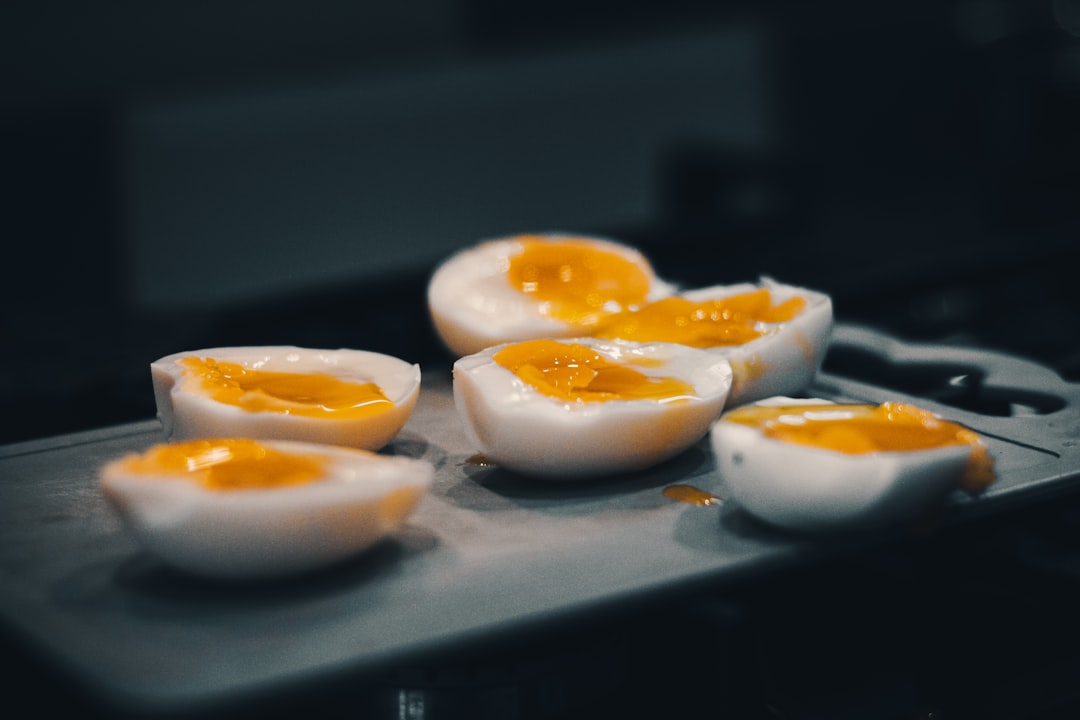20 "Bad" Foods That Actually Lower Your Cholesterol and Protect Your Heart
Cholesterol has become a buzzword that sparks concern in kitchens across America. For decades, many of us have been taught to eye high-cholesterol foods with deep suspicion—pushing eggs aside, skipping the cheese platter, and recoiling from the occasional shrimp cocktail. But as science evolves, so does our understanding of what truly fuels vibrant health. The story of cholesterol is far more nuanced than old headlines might suggest. Today, we know your body produces cholesterol regardless of what ends up on your plate, and the connection between dietary cholesterol and heart disease is not as clear-cut as we once believed. If you’ve ever felt nervous about savoring a runny yolk or worried that your love of shellfish is steering you astray, you’re in good company. The good news? Many foods once feared for their cholesterol content are now recognized as nourishing, even protective, when enjoyed in balance. This isn’t just about facts and figures; it’s about reclaiming joy in food, tapping into cultural traditions, and giving yourself permission to savor. Let’s clear up the confusion, skip the guilt, and explore our expanded list of high-cholesterol foods—backed by research and expert wisdom—that can help you feel strong, energetic, and deeply satisfied. Here’s to making peace with your plate and discovering that nutrition is as much about pleasure and self-care as it is about numbers.
1. Eggs: Nature’s Nutrient Powerhouse

Eggs have lived under the shadow of cholesterol warnings for years, but recent science has flipped the script. One large egg contains around 207 milligrams of cholesterol—a number that once made nutrition labels feel like caution tape. Yet, for most people, eating eggs doesn’t significantly raise blood cholesterol. Your body tends to produce less cholesterol when you get more from your diet. More importantly, eggs are rich in vitamin B12, choline (essential for brain health), high-quality protein, and antioxidants. They even help boost HDL (the “good” cholesterol), supporting healthy arteries. Research consistently finds that one to two eggs each day are safe for most healthy adults, and provide a satisfying, economical source of nutrients not found together in many other foods. If you’ve skipped eggs in the past out of worry, try including them in simple breakfasts or vibrant salads. Their impressive nutrient profile makes them ideal for fueling busy mornings or powering up after a walk. Feeling nervous is natural, but eggs can be a part of a joyful, nourishing routine.
2. Shrimp: The Lean Protein Surprise

Shrimp often tops lists of foods to avoid, but it doesn’t deserve its bad reputation. A three-ounce serving delivers about 214 milligrams of cholesterol—on par with an egg—but is also loaded with lean protein, vitamin B12, selenium, and omega-3 fatty acids. The catch? Shrimp is very low in saturated fat, which means its cholesterol content isn’t as concerning for your heart as previously thought. Studies show that shrimp may slightly raise both LDL (bad) and HDL (good) cholesterol, resulting in a neutral or even positive impact on overall heart risk. Including shrimp in meals a few times each month—not deep-fried, but grilled or tossed in a salad—offers a tasty way to benefit from its powerful mix of nutrients. Plus, it’s quick to cook and fits easily into Mediterranean-style menus or classic American favorites. For many, shrimp is a chance to enjoy seafood’s perks without the worry.
